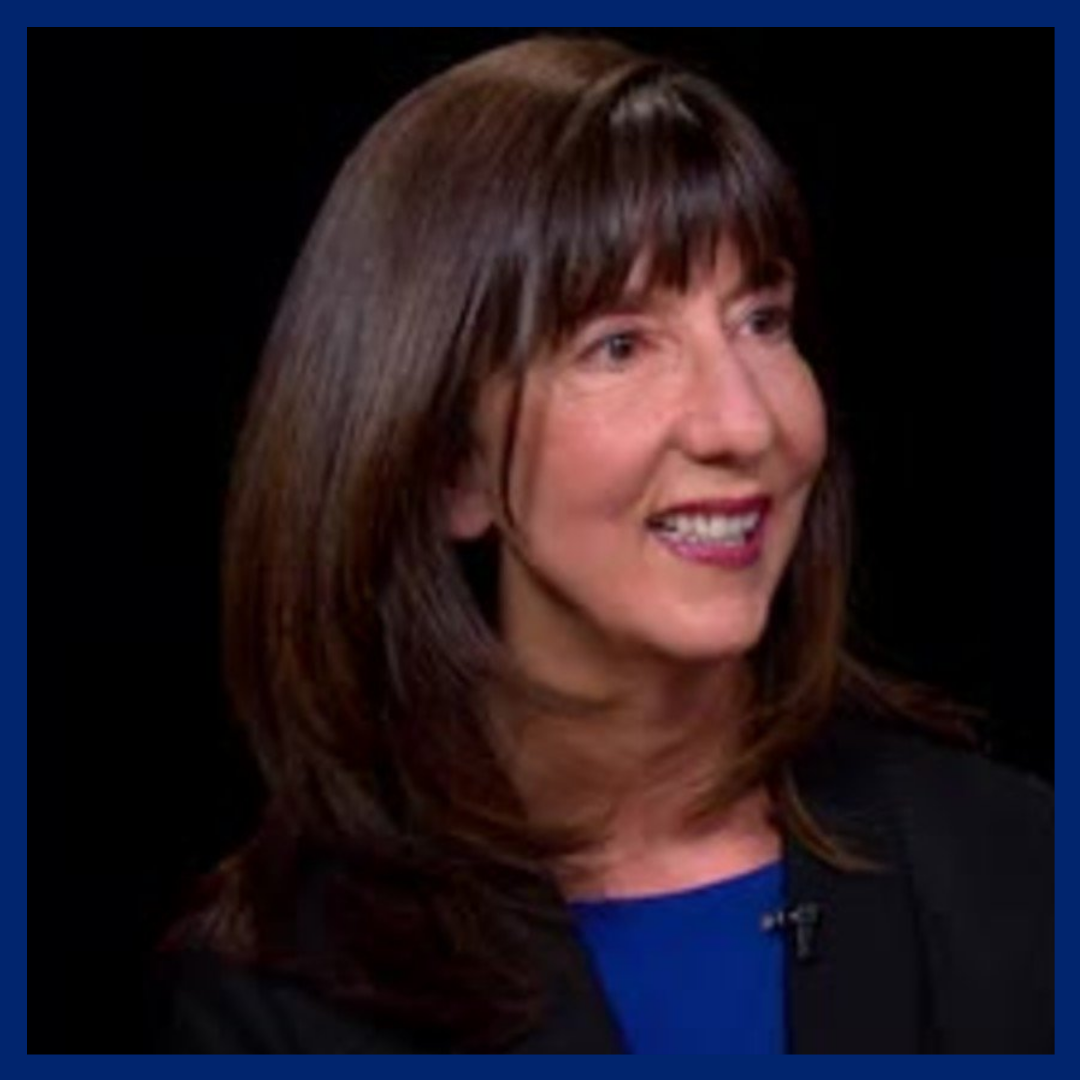Events
Basic Page Sidebar Menu Perry World House
China’s pledge to reach carbon neutrality by 2060 would, on its own, shave around 0.2 to 0.3 degrees off global warming projections. It's the world's largest climate commitment to date. But is it feasible economically, technologically, and politically? Can China give up coal and transform its power sector, industry, transportation, and buildings fast enough?
Achieving this goal will be a colossal undertaking for a nation that is still heavily dependent on fossil fuels. But paradoxically, it also leads the world in the very clean technologies that make this target feasible.
China faces fundamental economic and political challenges that could derail its low-carbon energy transition. Yet there is reason for hope.
Join us for this edition of The World Today, as Barbara Finamore of the Natural Resources Defense Council discusses these critical issues with Scott Moore, Director of the Penn Global China Program and a leading expert in climate change, environmental sustainability, conflict, and water rights.
Sign up for this virtual event, and details of how to sign up can be found in your order confirmation email.
SPEAKERS
 Barbara Finamore is the Senior Strategic Director for Asia at the Natural Resources Defense Council (NRDC). She has nearly four decades of experience in environmental law and energy policy. In 1996, she founded NRDC’s China Program, the first clean energy program to be launched by an international NGO. She also served as President and Chair of the Professional Association for China's Environment (PACE) and co-founder and President of the China-U.S. Energy Innovation Alliance. In 2017, Barbara was named a member of Foreign Policy’s “The U.S.-China 50,” a group of 50 individuals who are powering the world's most complex and consequential relationship. She holds a J.D. degree with honors from Harvard Law School.
Barbara Finamore is the Senior Strategic Director for Asia at the Natural Resources Defense Council (NRDC). She has nearly four decades of experience in environmental law and energy policy. In 1996, she founded NRDC’s China Program, the first clean energy program to be launched by an international NGO. She also served as President and Chair of the Professional Association for China's Environment (PACE) and co-founder and President of the China-U.S. Energy Innovation Alliance. In 2017, Barbara was named a member of Foreign Policy’s “The U.S.-China 50,” a group of 50 individuals who are powering the world's most complex and consequential relationship. She holds a J.D. degree with honors from Harvard Law School.
 Scott Moore is the Director of the Penn Global China Program and a political scientist whose interests center on environmental sustainability, technology, and international relations. His first book, Subnational Hydropolitics: Conflict, Cooperation, and Institution-Building in Shared River Basins, examines how climate change and other pressures affect the likelihood of conflict over water within countries. Previously, Scott was a Young Professional and Water Resources Management Specialist at the World Bank Group, and Environment, Science, Technology, and Health Officer for China at the U.S. Department of State, where he worked extensively on the Paris Agreement on climate change. Scott holds doctoral and master’s degrees from Oxford University and an undergraduate degree from Princeton. He is a Truman, Fulbright, and Rhodes Scholar.
Scott Moore is the Director of the Penn Global China Program and a political scientist whose interests center on environmental sustainability, technology, and international relations. His first book, Subnational Hydropolitics: Conflict, Cooperation, and Institution-Building in Shared River Basins, examines how climate change and other pressures affect the likelihood of conflict over water within countries. Previously, Scott was a Young Professional and Water Resources Management Specialist at the World Bank Group, and Environment, Science, Technology, and Health Officer for China at the U.S. Department of State, where he worked extensively on the Paris Agreement on climate change. Scott holds doctoral and master’s degrees from Oxford University and an undergraduate degree from Princeton. He is a Truman, Fulbright, and Rhodes Scholar.

